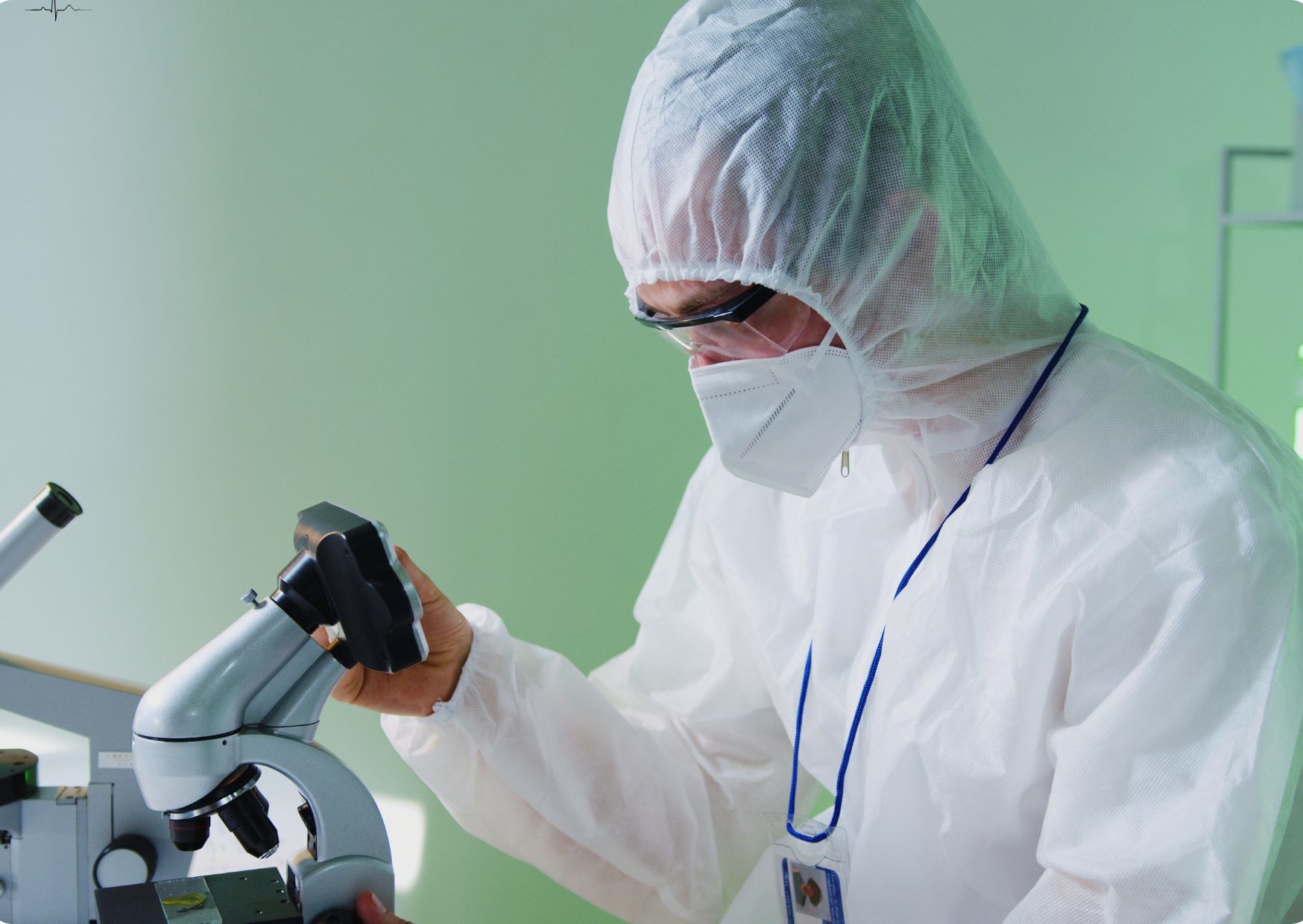Introduction to Bioinformatics

GET ACCESS TO ALL 1500+ COURSES FOR ONLY
£99
.
Get Now
Overview
Overview
Bioinformatics is the fusion of biology, computer science, and information technology, opening doors to groundbreaking research and applications in healthcare, agriculture, and environmental science. The "Introduction to Bioinformatics" course provides a comprehensive foundation in this interdisciplinary field, equipping learners with the knowledge to analyze biological data and understand complex biological systems. This course bridges the gap between theoretical concepts and practical applications, preparing students for the challenges of modern bioinformatics. As technological advancements continue to revolutionize biological research, the demand for skilled bioinformatics professionals has skyrocketed. From analyzing genetic sequences to modeling protein structures, bioinformatics plays a pivotal role in deciphering the complexities of life. This course is an essential step for anyone looking to make a mark in genomics, biotechnology, or personalized medicine. Description The "Introduction to Bioinformatics" course is your gateway to mastering the tools and techniques essential for modern biological research. Over a series of carefully curated modules, you will explore the fundamental principles that underpin bioinformatics and their real-world applications. The course is designed to cater to diverse learners, offering a blend of theoretical insights and hands-on practices that make complex topics accessible and engaging. By diving into topics such as genome annotation, sequence alignment, protein structure prediction, and systems biology, you will gain a holistic understanding of bioinformatics workflows. Learn how to harness computational tools and databases to uncover biological insights, whether it’s analyzing gene expression data or predicting the functional impact of genetic variations. This course also introduces emerging technologies like machine learning in bioinformatics and clinical bioinformatics, ensuring you stay ahead in this rapidly evolving field. Join us on a transformative journey that not only enhances your scientific acumen but also empowers you to contribute meaningfully to cutting-edge research and innovation. Website: Training Station - Our Courses Curriculum- Module 1: Genome Annotation
- Module 2: Sequence Alignment and Database Searching
- Module 3: Protein Structure Prediction
- Module 4: Phylogenetic Analysis
- Module 5: Gene Expression Analysis
- Module 6: Next-Generation Sequencing
- Module 7: Pathway Analysis
- Module 8: Systems Biology
- Module 9: Machine Learning in Bioinformatics
- Module 10: Clinical Bioinformatics
- Bioinformatics Analyst: Work in research labs, pharmaceutical companies, or biotech firms, analyzing genetic and genomic data.
- Computational Biologist: Combine biological research with computational models to address scientific questions.
- Data Scientist in Healthcare: Apply machine learning and bioinformatics techniques to advance personalized medicine.
- Research Scientist: Conduct cutting-edge research in universities or research institutions.
- Genomics Specialist: Contribute to projects in human, agricultural, or environmental genomics.
- Clinical Bioinformatician: Play a pivotal role in healthcare by interpreting genetic data for disease diagnosis and treatment planning.
- Have a basic understanding of biology and molecular genetics.
- Be comfortable using computers and navigating software applications.
- Possess analytical thinking and problem-solving skills.
- (Optional) Have some familiarity with programming languages like Python or R, though this is not mandatory.
- Students: Undergraduates and graduates in biology, biotechnology, or computer science looking to expand their knowledge of bioinformatics.
- Professionals: Scientists, researchers, and IT professionals transitioning into bioinformatics or seeking to enhance their skills.
- Lifelong Learners: Individuals passionate about understanding the intersection of biology and technology.
- Healthcare Practitioners: Doctors, clinicians, and genetic counselors aiming to integrate bioinformatics into their practice.
- Educators: Teachers and lecturers seeking to incorporate bioinformatics concepts into their curricula.
Curriculum
Frequently Asked Questions
Fully online through PDF materials and video lessons. Learn anytime, anywhere.
Self-paced — complete it in a week or spread it over months.
No. The course is beginner-friendly.
Yes — instructor support is available Monday to Friday.
Yes — 14-day money-back guarantee.


